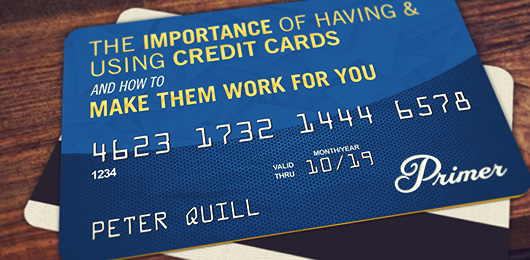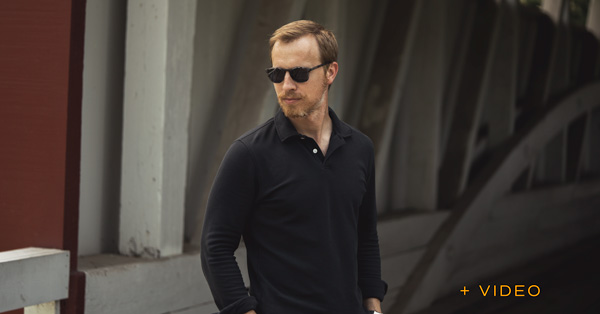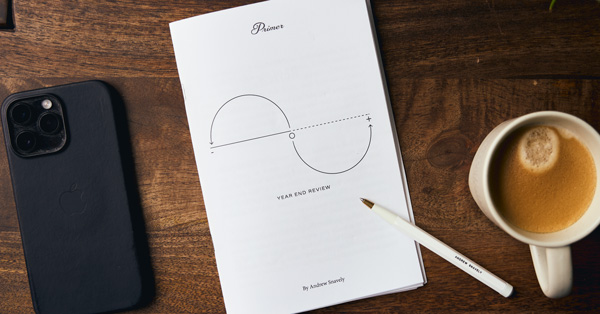I hope you already know this, but…
…relationships are work.
They don’t just manifest out of thin air like a bean-powered flatulence. However, what that work means isn’t so clear. As someone who’s had his fair share of not-so-happy endings and tough lessons, let me shine some light into the dark.
“Relationships are laboratories of learning. They are the places where we can become our most mature, compassionate, and fulfilled selves.” – Harriet Lerner
What Does “Relationships Are Work” Actually Mean?
Most of the “work” is building skills.
This is true in romantic relationships, friendships, and business partnerships.
But skill doesn’t equal skill – you have to distinguish between hard and soft ones.
- Hard skills are measurable – like language proficiency, programming expertise, and how well you can sear a steak
- Soft skills are less tangible – like communication, leadership, and the emotional intelligence to know what’s up when your partner says “It’s nothing”
In relationships, soft skills are where the money is because they influence human interaction the most. Unfortunately, they’re also the hardest to learn because there’s no step-by-step manual like for changing a tire.
But once you know what they are and how to practice them, you’ll be able to improve the quality of your relationships massively.
Learn How To Lead With Your Heart
What’s the difference between a good and a bad leader?
The answer took me many failed relationships to learn.
I never had trouble taking the lead – deciding where we went for dinner, what we’d do on our dates, and when I’d kiss her goodnight and fall asleep so I’d be fresh for work the next morning. I was a man who made decisions and stood by them, a devilishly attractive trait. However, I messed up something crucial.
While I was aware of my needs, I wasn’t aware of my partner’s.
I did what I thought was good for them, me, and the relationship. Sometimes, I hit bullseye. Other times, the dart missed the board and bounced off the wall behind, a hurtful projectile delivering the pain of not being seen.
Taking the lead is a great idea because it moves the relationship forward – but you have to do so with empathy.
That’s the difference between a good and bad leader. A good one leads people to what they want or need. A bad one leads them to what he thinks they want or need.
That’s where leading with your heart comes in.
How to do this:
This skill isn’t complicated, but difficult to practice.
Ask yourself whether you truly understand what your partner needs and respect them.
- It’s okay to not know what your partner needs or wants – ask them
- Validate their feelings, needs, and perspectives – make them feel seen
- Compromise where appropriate – sometimes, a leader has to put someone else’s needs above their own
When you lead, you have the responsibility for the ones following.
“To handle yourself, use your head; to handle others, use your heart.” – Eleanor Roosevelt
Sometimes, All You Need To Do Is Hold The Space
I never thought I’d end up in a four-day Tantra retreat.
Yet, that’s where I found myself – on a tropical island, surrounded by hippies, and doing Namastes like my life depended on it. Most people know Tantra as a spiritual sex practice, but it’s far more than that. One of the exercises opened my eyes to an essential concept in relationships.
Holding space.
We got together in pairs, one taking the role of Shiva – the masculine – and the other the role of Shakti – the feminine. During the exercise, Shakti danced around their partner. All Shiva did was stand perfectly still and nonreactive, so they could hold the space for Shakti to express themselves in any way she wanted.
Can you see why this is so important in relationships?
It’s about giving your partner a space where they feel safe to express themselves without you intervening, judging, commenting, or solving problems. They just want to let it out and be safe doing so.
When you hold this space for your partner, something amazing happens.
They open up. They trust you more. They feel seen and appreciated. They say what they otherwise wouldn’t have dared to. They allow themselves to freely express their emotions, which often solves the issue already.
I know this sounds a little crazy – but often, all you need to do is hold the space.
How to do this:
Holding space is an art in itself – but the ground rules are simple.
- Listen, listen, listen – don’t intervene before the other has finished
- Create a safe space – a relaxed atmosphere, no time pressure, and a few deep breaths
- Don’t react – if something triggers you or you want to respond, take a mental note instead of intervening
Remember the dance of Shiva and Shakti – one expressing, one holding the space to express.
“To hold space for someone is to wrap them up in your love, to show up, to listen… without judgment, without making it about you. Just to be there, to love, and to shine light on someone’s soul.” – Rebecca Campbell
Filling Your Cup So You Can Pour Into Your Partner’s
There are three types of relationships.
In a codependent one, partners rely on each other for love, self-worth, and validation because they can’t give it themselves. In most of my past relationships, I was the fixer who solved problems because it made me feel loved and I couldn’t give that love to myself.
In independent couples, both partners are capable of meeting their needs, but don’t create many synergies. I once had a girlfriend who was more of a friend with benefits – we both did our thing and occasionally met to get naked.
Interdependent relationships consist of two self-sufficient partners who bring out the best in each other. I have yet to experience such a relationship because I’m still learning to be self-sufficient.
That’s why I set this year’s motto to self-love.
I realized I can only pour into another cup when mine is full. But it doesn’t stop at loving yourself. Look at all the needs you have.
Appreciation and praise when you’ve done something well. Safety and security during tough times. Understanding and empathy when you feel down.
You have to learn to give these to yourself because if you don’t, you’ll always create patterns and dependencies to make others meet your needs.
This doesn’t mean you can never rely on your partner, but learning to give yourself what you need keeps you grounded. It makes you self-sufficient instead of dependent. It fills your cup.
The fuller it is, the more you can pour.
How to do this:
Giving yourself what you need often feels weird because we’re conditioned to look for it in the external world.
- Pay attention to your needs – learn to see them with journaling, meditation, and self-reflection
- Ask yourself what you want from others and why – then give it to yourself with self-praise, self-compassion, self-acceptance, self-appreciation, and self-care
- Stick to the process – it’s difficult in the beginning, but the more often you practice, the better and more self-sufficient you’ll feel
Fill your cup so you can pour into others’.
“The greatest thing in life is to learn to belong to oneself, before belonging to someone else.” – Michel de Montaigne
Choosing Love Instead of Ego
Love is a choice.
It’s choosing to listen when you feel like interrupting.
It’s choosing to forgive when you feel hurt.
It’s choosing to compromise when you feel like doing what you want.
But these choices mean you have to put your ego aside. It says, “I’m right, they should apologize, and they don’t deserve shit for treating me like that.” But relationships aren’t tit-for-tat.
In the end, I’ve always been sorry for the mistakes I made. Not listening. Dismissive words. Cheating on my first love. I’ve had many regrets that took me years to make peace with.
But do you know what I never regretted?
Putting my ego aside.
Asking myself what I did wrong. Reaching out one more time. Taking a deep breath and saying sorry.
The ego doesn’t like that and will come up with all sorts of thoughts and feelings to keep you from doing it.
Let go of it.
While the ego says “you vs. me,” letting go of it lets you say “us.”
And in a relationship, that’s what counts.
How to do this:
Letting go of the ego is hard – you’re in a constant battle with a shadow who knows everything about you.
- Practice awareness – observe your thoughts and sort out the ones based on fear and anger
- Know your triggers – the better you understand what feeds the ego, the easier you can adjust your reaction
- Pay attention to your (gut) feeling – the ego lives in the mind and endless thought spirals, so turn inward and observe how you feel instead
“It’s better to lose your ego to the one you love than to lose the one you love to your ego.” – John Keats
Summary To Help You Massively Improve The Quality Of Your Relationships
Great relationships require great relationship skills.
1. Learn to lead with your heart – pay attention to your partner’s needs.
2. Hold the space – often, all the other needs is the safety to express and heal themselves.
3. Meet your own needs – the fuller your cup is, the more you can pour into others’.
4. Choose love instead of ego – you’ll never regret it.
“Love is not only something you feel, it's something you do.” — David Wilkerson











![It’s Time to Begin Again: 3 Uncomfortable Frameworks That Will Make Your New Year More Meaningful [Audio Essay + Article]](https://www.primermagazine.com/wp-content/uploads/2025/01/begin_again_feature.jpg)



